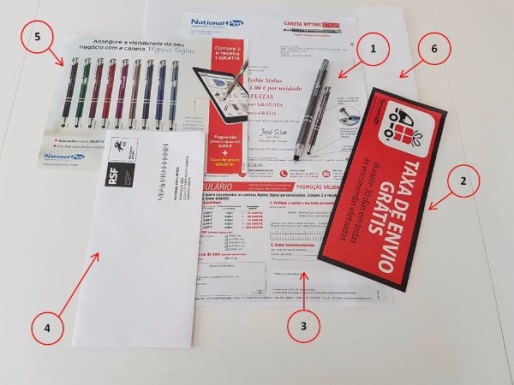
You probably haven’t heard of post-decision dissonance and there’s no reason you should have unless you’ve studied psychology.
However, you’ve almost certainly experienced it and would never have guessed it has such a tongue-twisting name.
The science of decision making
It’s that little rush of excitement you feel when you’ve made a decision and you’re convinced it’s the right one. This is most common if, among the options you had, there was no obvious candidate.
(Of course, it can go the other way when you buy something expensive at the full retail price and the next day it’s on sale with a 30% discount.)
This positive feeling has been demonstrated in several research studies, one of which dates from as far back as 1956. Shoppers were asked to rate the appeal of various household appliances and were then allowed to choose their two favourites as gifts.
Twenty minutes later, they were asked to reconsider their choices and the majority rated their gift appliances significantly higher.
In the late 1960s, researchers Knox and Inkster found that, after placing a $2 bet at a horse race, gamblers were even more confident that their horses would win than before they handed over the stake money.
How can you make the science of decision making work for you?
If you want to influence a decision and you encounter resistance, start with small, insignificant steps. In much the same way, for example, that many online publications allow you to receive free copies before asking you to pay for a subscription.
Their expectation is that, once you’ve experienced the product, your buying resistance will weaken and, after purchasing, you’ll feel even more positive about your decision.
The idea of reducing choices to a series of small concessions is a useful leadership technique and has even been used to sway passionate opinions in politics and other movements for social change. It is, after all, just a series of small steps to go from signing a petition to carrying a banner.
Now you’ll know when you’re the target
You should know by now how to recognize when someone is trying to steer you towards a difficult decision or one they know you don’t fully support. They’ll encourage you to accept small adjustments to your opinion rather than going head to head.
If you’re convinced you’ve made the right decision and you have the power to make it stick, hold on to your principles. Be wary of anyone who, like the magazine publishers, suggests you “try it for a few days”.
To paraphrase novelist and academic C S Lewis, we live in a world where our decisions take us down a certain road and, instead of following a straight path, the road will split again and again and, at each fork, we must make a decision.
Make sure yours are the right ones.
If you liked, then please subscribe to our YouTube Channel for video content. You can also find us on Twitter, Facebook, Instagram and Linkedin.




